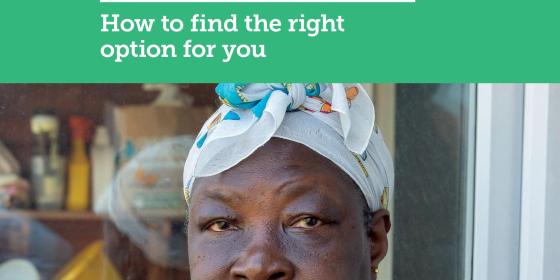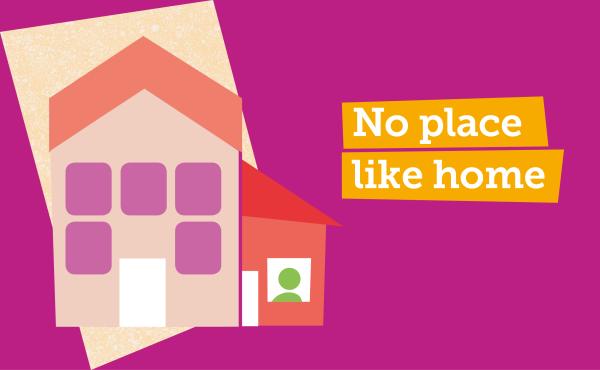
Sometimes two or three of these causes combine to cause a personal shipwreck and social housing rescues us from homelessness.
I’ve been assured that the situation is being monitored but the staff are so busy and are stretched between ours and other properties so how much monitoring can be possible?
One simple low cost fix would be to monitor the gender balance of social housing units, looking at the male/female ratios in properties. This would help older women live with a feeling of safety.
